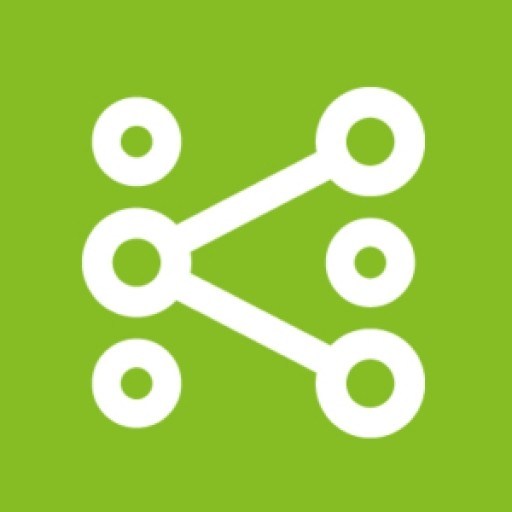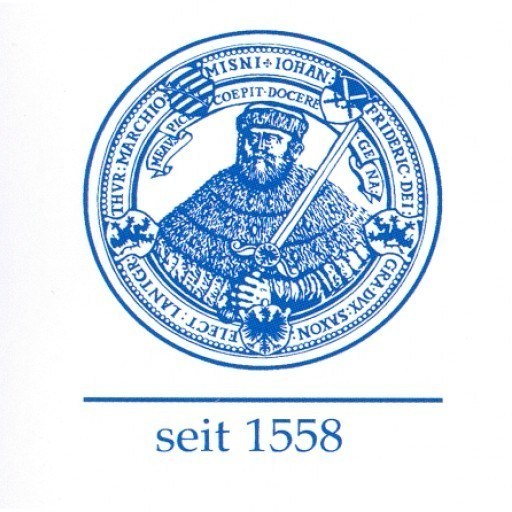Photos of university / #universitaetbonn
The Master's programme in Life Science Informatics at B-IT University of Bonn is a cutting-edge interdisciplinary program designed to equip students with the skills and knowledge necessary to address complex biological and medical challenges through advanced information technology. This programme combines expertise from computer science, biology, and medicine to prepare graduates for a rapidly evolving field where data analysis, software development, and biological insights intersect. Throughout the course of study, students will engage with a diverse curriculum that covers key topics such as bioinformatics, systems biology, computational genomics, data mining, machine learning, and software engineering tailored to life sciences. The programme emphasizes practical experience through laboratory work, project-based assignments, and collaborations with research institutions and industry partners. Students will learn to develop algorithms and databases for analyzing biological data, create innovative software solutions, and interpret complex datasets to support research and clinical decision-making. The programme aims to foster a deep understanding of biological systems while honing computational skills that are in high demand within academia, healthcare, and the biotechnology industry. Graduates will be well-prepared for careers in research institutions, pharmaceutical companies, healthcare organizations, and bioinformatics companies, where they can contribute to advances in personalized medicine, genomic research, and biotechnological innovation. The curriculum is designed to be flexible, allowing students to focus on areas of particular interest such as molecular biology informatics, medical informatics, or systems biology. With close ties to the University of Bonn's vibrant research community, students will have unique opportunities to participate in cutting-edge projects and internships. The programme also emphasizes ethical considerations and data privacy issues inherent in handling sensitive biological data, preparing students to work responsibly in this critical area. Upon completion, graduates will have a comprehensive understanding of the principles and applications of informatics in the life sciences, equipping them for successful careers or doctoral studies. The Master's in Life Science Informatics at B-IT ensures a rigorous, innovative, and interdisciplinary education that aligns with the latest developments in science and technology, making it an excellent choice for students passionate about leveraging computational methods to advance biological and medical research.
Educational organisation
The course contents are structured according to the ECTS (European Credit Transfer System). The programme consists of three semesters with lectures/lab work, and a Master's thesis which is written in the final, fourth semester. Lectures are usually accompanied by course assignments which have to be successfully completed by the students. Lab work is a substantial part of the programme. Several of the courses are mandatory; many electives are offered in the later semesters.The programme emphasises the students' early exposure to eminent scientists. Therefore, courses and lecture series with guest researchers who are prominent in their respective fields are offered to students in order to broaden their horizons.
One example of how this is achieved is the LSI's International Lecture Series. Every summer semester, students have the opportunity to discuss current topics from the field of life science informatics with a range of highly experienced, international researchers.
Study abroad unit(s)
Studies abroad are optional.Internships
Optional: in industry and academia, industry workshops within the programmeForms of assessment
Students earn credit points for each successfully completed course. For lectures, this means that the final exam has to be passed at the end of the semester. If course assignments are given, successful completion of the course assignments is a prerequisite for taking the exam. Lab work is evaluated individually. The Master's thesis is graded independently by two professors. The final grades are computed as the average of all grades obtained during the programme.Course objectives
The course programme aims at educating talented and highly motivated men and women for leadership in the post-genomic era. The Master's degree in Life Science Informatics provides the qualifications required for the management of large projects in all fields of life sciences, ranging from molecular biology to pharmaceutical drug design to computational neurobiology.With an MSc degree in Life Science Informatics, graduates will be well prepared for typical tasks when working in applied data analysis and data modelling, industrial functional genomics, drug development and pharmacology.
This interdisciplinary programme will educate participants to successfully master the novel technical and economic challenges at the crossroads of biotechnology, medicine, pharmaceutics and computer science.
A doctoral degree can also be pursued within the B-IT Research School, which is taught entirely in English and also offers a combined Master/PhD track for outstanding Master's students.
Language requirements
Candidates must be able to speak and write English fluently (TOEFL 550 paper-based, 213 computer-based, iBT 80 or IELTS 6.0). A basic command of the German language is recommended. German courses for foreign students are offered at the Bonn-Aachen International Center for Information Technology (B-IT) and at the University of Bonn (http://www3.uni-bonn.de/@@audiencesummary_view?filter=international_studierende).Academic requirements
Candidates must hold a first degree awarded by an internationally recognised, university-level institution (Bachelor of Science or Engineering) in biology, medicine, pharmaceutics or computer science, or another closely related discipline. Candidates should have performed well above average in their undergraduate studies. The Graduate Record Examination (GRE) is strongly recommended.In particular, applicants must have knowledge equivalent to a one-year course in each of the following subjects: analysis, linear algebra, fundamentals of biochemistry, theoretical biology, in the areas programming, data structures and algorithms, computer organisation and design, fundamentals of theoretical computer science, molecular biology, genetics, cell biology, neurobiology, biodiversity, microbiology and pharmacology.
Enrolment fees
Students have to pay an enrolment fee of about 270 EUR per semester to the Students' Union, which supports student activities and provides free public transport in North Rhine-Westphalia.Costs of living
We recommend a budget of around 800 EUR per month for accommodation, cost of living, health insurance, books, and miscellaneous expenses.Job opportunities
A work-study programme for qualified students (paid on a stipend basis) is administered by the cooperating Fraunhofer Institutes.With a strong focus on biomedical research, the University of Bonn and the University Hospital offer several interesting opportunities to work closely with experimental researchers. In addition, the ABCD region (Aachen, Bonn, Cologne, Düsseldorf) is home to many prospective employers, including global players such as Bayer, as well as many highly specialised, medium-sized companies such as Grünenthal.







